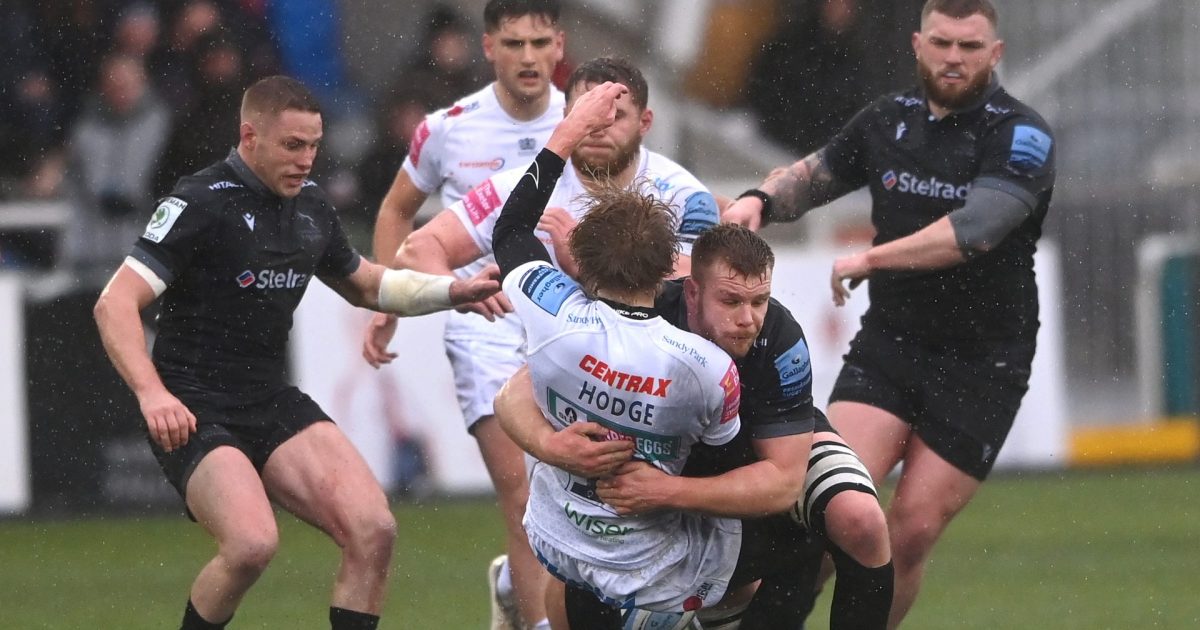Very different outcomes from Chick and Coleman red card hearings

England’s Callum Chick and Australia’s Adam Coleman have had very different outcomes following their virtually held disciplinary hearings following their respective red cards for Newcastle and London Irish in the Gallagher Premiership last weekend. Back-rower Chick was banned for three weeks while Coleman had his red card dismissed.
An RFU statement on Wednesday read: “Callum Chick of Newcastle Falcons and Adam Coleman of London Irish appeared before a virtual independent disciplinary panel on Tuesday evening. The panel comprised Matthew Weaver (chair) with Becky Essex and Carl Bradshaw.
“Both Chick and Coleman received red cards for dangerous tackling contrary to World Rugby law 9.13. Chick’s red card occurred in the first half of the Newcastle game against Exeter Chiefs on February 20. Coleman received his red card in the second half of the London Irish against Saracens match on February 19.
“Chick accepted an act of foul play but denied that it met the red card threshold. The panel upheld the red card and he has been suspended for a period of three weeks and is free to play again on March 15.
“He indicated his intention to apply to World Rugby to access the coaching intervention programme and the panel gave permission for this request. In the event that the application is allowed and the programme completed, the player will miss two matches and will be free to play against Saracens on March 12. Adam Coleman’s case was dismissed after he contested the red card threshold. He is free to play with immediate effect.
The full judgement from the Chick hearing, which is available here, stated: “The panel accepted entirely that this was a reckless rather than deliberate act and that the Newcastle player made some effort, once he anticipated a potentially dangerous tackle, to reduce his height and speed to protect the Exeter No15. However, the panel did not consider the referee to have been wrong to consider all of the above but to reject it as being insufficient to merit reduction of the sanction from red card to a yellow card. As such, the player’s appeal against the red card was dismissed.”
In the Coleman case, where the full judgment is available here, the panel decided: “It is clear that this incident was an extremely difficult one for the referee who had far less time to review the footage and could not do so in the detail which was afforded to the panel.
“In the circumstances, therefore, both the panel and London Irish completely understood why the referee viewed the incident as a red card. However, what the footage does suggest is that head to head contact may not have occurred but if it did, it was secondary to the shoulder to jaw initial contact and, as such, was indirect contact with the head and at a relatively low force (the majority of the force being taken by the initial contact).
“The referee’s decision was based on a finding of ‘direct head to head contact’ and he does not appear to have been aware of the initial shoulder contact and therefore did not factor that into his decision. Whilst this was entirely understandable on the information he had available, closer scrutiny of the video footage suggests, on balance, that this was wrong.”

































